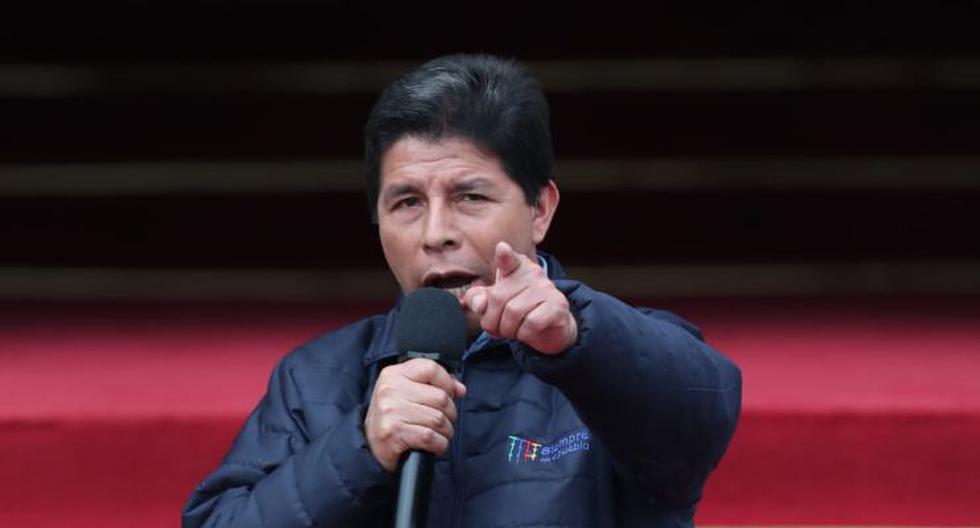The Judiciary declared inadmissible a habeas corpus process promoted by the National Federation of Lawyers of Peru in favor of the former president Pedro Castillo and former Prime Minister Aníbal Torres Vásquez.
LOOK: Castillo and his close ties to informal miners found in Sarratea’s house
Castle He sought, through this process, to declare the nullity of the resolution of the Supreme Court of Preliminary Investigation that ordered preventive detention against him, as well as the resolution that confirmed this restrictive measure and, consequently, to order his release.
The professor is being held in the Barbadillo prison, in Ate, serving 18 months in pretrial detention for the alleged crime of rebellion.
Likewise, it was requested that his status as Constitutional President of the Republic be restored, that all judicial, administrative, legislative resolutions and laws that oppose that position be annulled, and that the dissolution of Congress be ratified.
However, the Sixth Constitutional Court of the Court of Lima ruled that this request was inadmissible.
The magistrate in charge of the aforementioned Court, Gisela Ocaña Chalco, regarding the action of Congress in the vacancy to Castlepoints out that the former president’s requests are subject to specific procedures.
“It is clear that through the actions and congressional pronouncements, the deprivation of the liberty of the beneficiary has not been ordered (Castle), but the Congress in use of its functions has evaluated a vacancy requirement due to disability in which it was decided to approve the vacancy (…)”, the document refers.
LOOK: Cusqueños take to the streets to say goodbye to the carnival
He added that “there has been no evidence of violation of judicial decisions questioned that affect the right to individual liberty, which is the fundamental right of every person.”
The magistrate also indicates that in the case of preventive detention, she has not warned of a violation of the right to defense, “especially if one takes into account that we are facing preventive detention that is temporary (…)”.
Consequently, the ruling concludes that it is not appropriate to support the claim since a possible violation of a guarantee or constitutional right protected by habeas corpus has not been determined.
IT MAY INTEREST YOU:


















